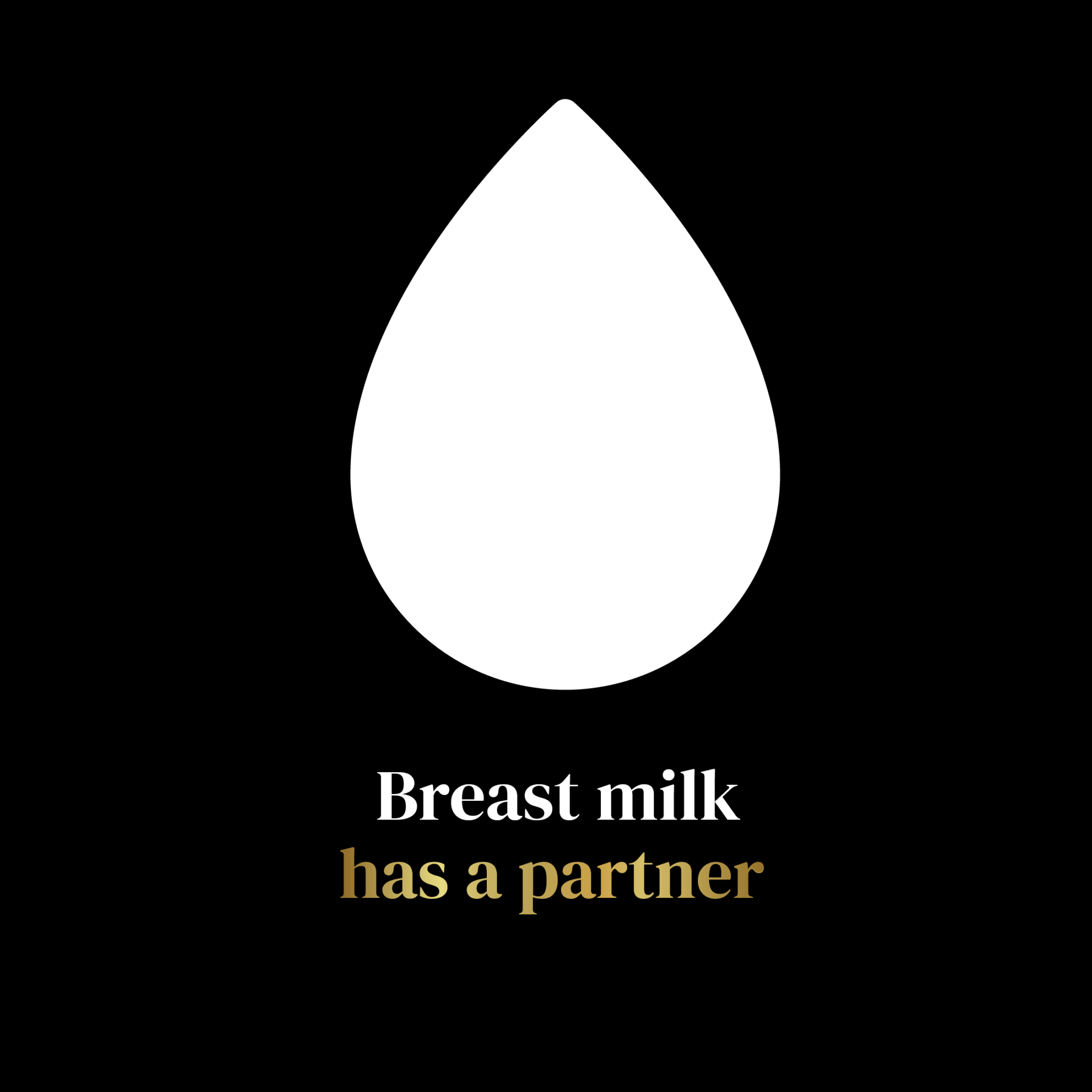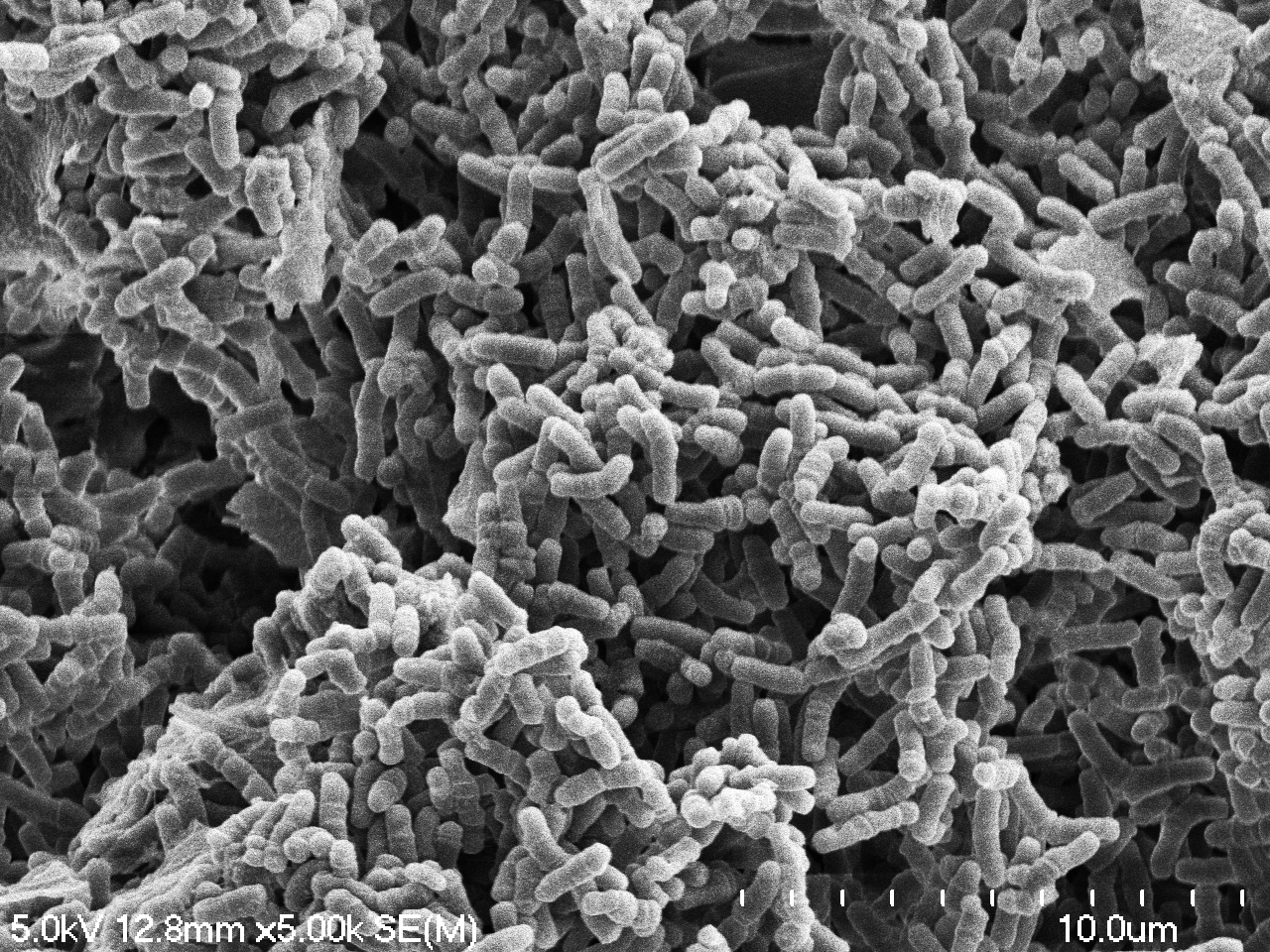How you care today for baby’s gut microbiome matters
With up to 80% of our immune system in our gut, now is the time to support the gut microbiome as baby develops more and more each day. Your action today can help influence health.
Attention to the gut microbiome, hope for better health and wellbeing
Gut microbiome development – an important milestone for baby
At birth, babies leave a protected environment and enter a world filled with unknown germs. The first microbes babies encounter can remain with them for the rest of their lives, influencing health. While bacteria reside all over the body, most set up in the gut.

The gut microbiome is interconnected with the entire body
Activity in the gut influences the whole body. Gut bacteria individually and collectively send signals to other systems and processes, affecting how they work.

Breast milk nourishes baby — and microbiome
Groundbreaking research discovered breast milk contains special nutrients called Human Milk Oligosaccharides (HMOs), intended to nourish a specific bacterium called B. infantis. HMOs cannot be digested by baby but reach the location where bacteria reside. When B. infantis is present, it uses the HMOs to thrive and provide support to the gut and immune systems.*

Important Definitions
Infant Probiotic
Live microorganisms that, when administered in adequate amounts, provide a health benefit to baby.
Mechanism of action
An explainable process that describes how a probiotic works inside the body.
Colonization
Ongoing and high levels of detection, meaning the microbe must be actively replicating to establish an ongoing presence within the gut.
Human milk oligosaccharides
Complex milk sugars that make up the third most abundant solid ingredient in breast milk. HMOs are food for specific good bacteria, primarily B. infantis, to benefit health.



